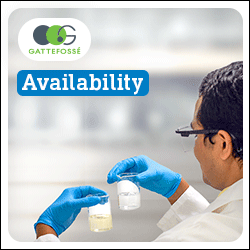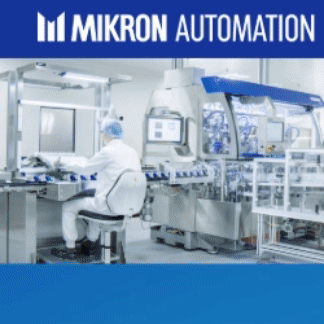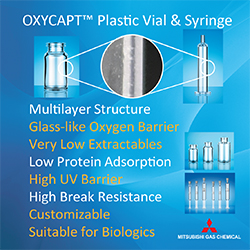Nurix Therapeutics Doses First Patient in Phase 1 Clinical Trial of Drug-Enhanced Cell Therapy for the Treatment of Patients With Solid Tumors
Nurix Therapeutics, Inc. recently announced the first patient has been dosed in its Phase 1 clinical trial of DeTIL-0255, a drug-enhanced tumor infiltrating lymphocyte therapy and the lead candidate in its cellular therapy portfolio. The trial is designed to evaluate the safety and efficacy of DeTIL-0255 in patients with advanced gynecological malignancies including ovarian cancer, cervical cancer, and endometrial cancer.
DeTIL-0255 is a cell therapy derived via ex-vivo treatment of patient-derived tumor infiltrating lymphocytes (TILs) with a potent, small-molecule inhibitor of Casitas B-lineage lymphoma proto-oncogene-B (CBL-B) called NX-0255, which was identified using Nurix’s proprietary DELigase platform.
“The initiation of our first cell therapy study is a major milestone for Nurix and the culmination of significant efforts across our clinical, regulatory and manufacturing teams. It is also the first time targeted protein modulation has been combined with cell therapy, marking the beginning of what we believe will be an important step forward in the treatment of solid tumors,” said Robert J. Brown, MD, Executive Vice President of Clinical Development of Nurix. “Within the rubric of targeted protein modulation, Nurix has now moved three treatment modalities into the clinic including oral targeted protein degraders, an oral CBL-B inhibitor, and now a drug-enhanced cell therapy.”
CBL-B is an E3 ligase that is expressed in immune cells, and in the context of cancer functions as an intracellular checkpoint that negatively regulates T cell activation, NK cell activity, and immune response through the degradation of specific intracellular signalling proteins. Inhibition of CBL-B with NX-0255 increases those protein levels and is used to generate a drug-enhanced cell therapy product with superior anti-tumor activity in animal models of adoptive cell therapy. Nurix expects to provide a clinical update from the safety run-in portion of the Phase 1 study in the second half of 2022.
“Our preclinical models of adoptive T-cell therapy demonstrate that NX-0255 treatment of cells provides improved characteristics that have the potential to increase the success of manufacturing durable cells that can deliver significant anti-tumor effects,” added Michael T. Lotze, MD, Chief Cellular Therapy Officer of Nurix. “DeTIL-0255 is an autologous TIL product that is designed to overcome the major limitations of current TIL therapy which include T cell exhaustion post expansion, suboptimal manufacturing success rates, and poor persistence of anti-tumor cells in the patient.”
The DeTIL-0255 investigational product under development is an autologous cell therapy consisting of T cells derived from a patient’s tumor expanded in culture with recombinant interleukin-2 and the small molecule CBL-B inhibitor NX-0255. DeTIL-0255 is designed to be a single administration autologous TIL therapy infused following non-myeloablative chemotherapy. Given the improved phenotypes of T cells produced with CBL-B inhibition, DeTIL-0255 could allow a broader application of TIL therapy, potentially providing long term benefit to patients with multiple types of cancer. Nurix is conducting the open label Phase 1 trial of DeTIL-0255 at multiple sites in the United States. Additional information on the clinical trial can be accessed at www.clinicaltrials.gov (NCT05107739).
Nurix Therapeutics is a clinical stage biopharmaceutical company focused on the discovery, development, and commercialization of small molecule and cell therapies based on the modulation of cellular protein levels as a novel treatment approach for cancer and other challenging diseases. Leveraging Nurix’s extensive expertise in E3 ligases together with its proprietary DNA-encoded libraries, Nurix has built DELigase, an integrated discovery platform to identify and advance novel drug candidates targeting E3 ligases, a broad class of enzymes that can modulate proteins within the cell. Nurix’s drug discovery approach is to either harness or inhibit the natural function of E3 ligases within the ubiquitin proteasome system to selectively decrease or increase cellular protein levels. Nurix’s wholly owned pipeline includes targeted protein degraders of Bruton’s tyrosine kinase, a B-cell signaling protein, and inhibitors of Casitas B-lineage lymphoma proto-oncogene B, an E3 ligase that regulates T cell activation. Nurix is headquartered in San Francisco, CA. For more information, visit http://www.nurixtx.com/.
Total Page Views: 644













